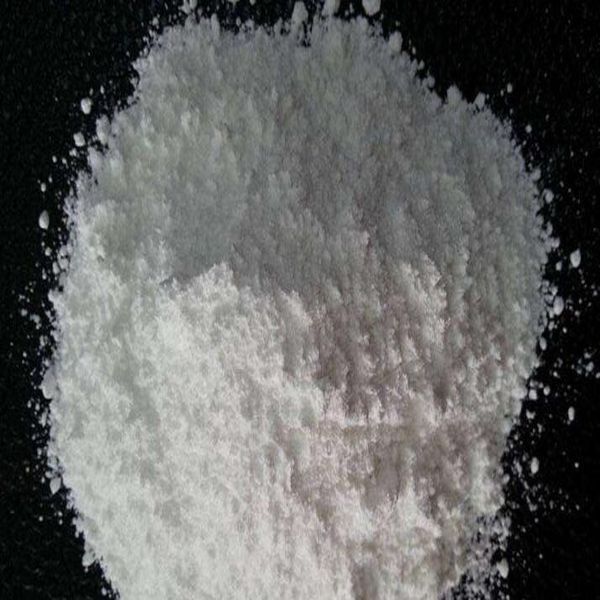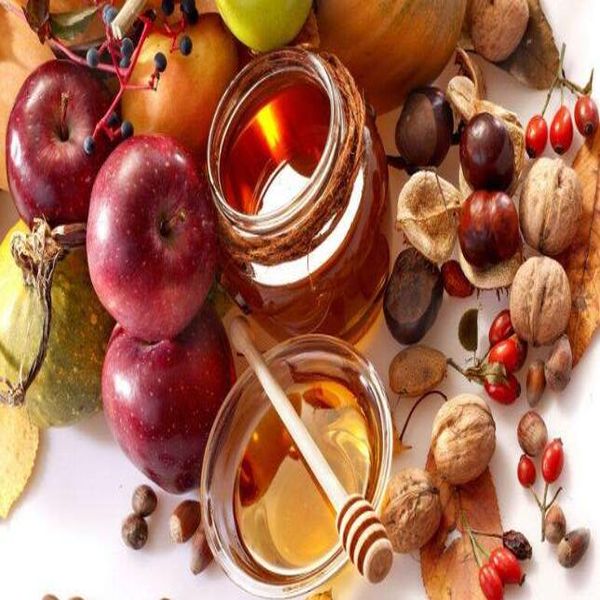Maltodextrin is a polysaccharide with nutritional value
Maltodextrin is a polysaccharide with nutritional value. It is made of various types of starch as raw materials, and it is hydrolyzed, converted and dried by enzymatic process to a low degree. The raw material is corn, rice, etc. containing starch, or refined starch, such as corn starch, wheat starch, tapioca, etc.
The liquidity of maltodextrin is good, colorless, without starch and other peculiar smell, unsweetened or very weak. When the dosage is very high, it will not cover the flavor and aroma of the original food of the product, and it is an excellent carrier. Maltodextrin is easy to dissolve in water, moderate viscosity, thickening, adhesiveness, good effect of inhibiting sugar crystallization and stabilizing foam. Low moisture, not easy to agglomerate, and good moldability, which can prevent product deformation and improve appearance.
(1) Changing the viscosity of the system has better emulsification and thickening effect. When the DE value is 3 to 5, it can produce fat texture and taste, and is often used as a fat substitute for salads, ice cream, sausages, etc.
(2) Inhibit browning reaction. When a large amount of reducing sugars and proteins exist in the food system, high temperature is likely to cause browning. Due to the low DE value of maltodextrin, the degree of browning reaction is small, and it can be used as an inert wall material for the microencapsulation of sensitive chemicals such as flavors and fragrances and drugs.
(3) Good combination / adhesion, as an excellent carrier for various sweeteners, flavors, fillers and pigments. Maltodextrins vary greatly in preventing the oxidation of embedded flavors, and generally decrease as the DE value increases. Due to its poor film-forming properties, maltodextrin cannot effectively retain volatile components during the spray drying process, and is usually used in combination with protein as a wall material. Maltodextrin with a lower DE value has stronger film-forming or spreading properties, which can promote product molding and improve product appearance, and at the same time have a certain effect of oxygen isolation.
(4) Lower the freezing point. In frozen desserts and certain confections, lowering the freezing point is of great significance. Adding maltodextrin to ice cream products to replace part of sucrose can change the freezing point of the product to inhibit the growth of ice crystals without changing the soluble solids content of the system.
(5) To reduce the sweetness of the system, adding maltodextrin to candy can reduce the sweetness and prevent dental diseases, hypertension and diabetes.
(6) Anti-caking, increase product dispersion and dissolution performance, etc., used to prepare solid wine, instant drinks can maintain product flavor, improve product appearance and enhance dissolution performance.
(7) It is easily absorbed by the human body and can be used as formula food for athletes, patients and infants.

